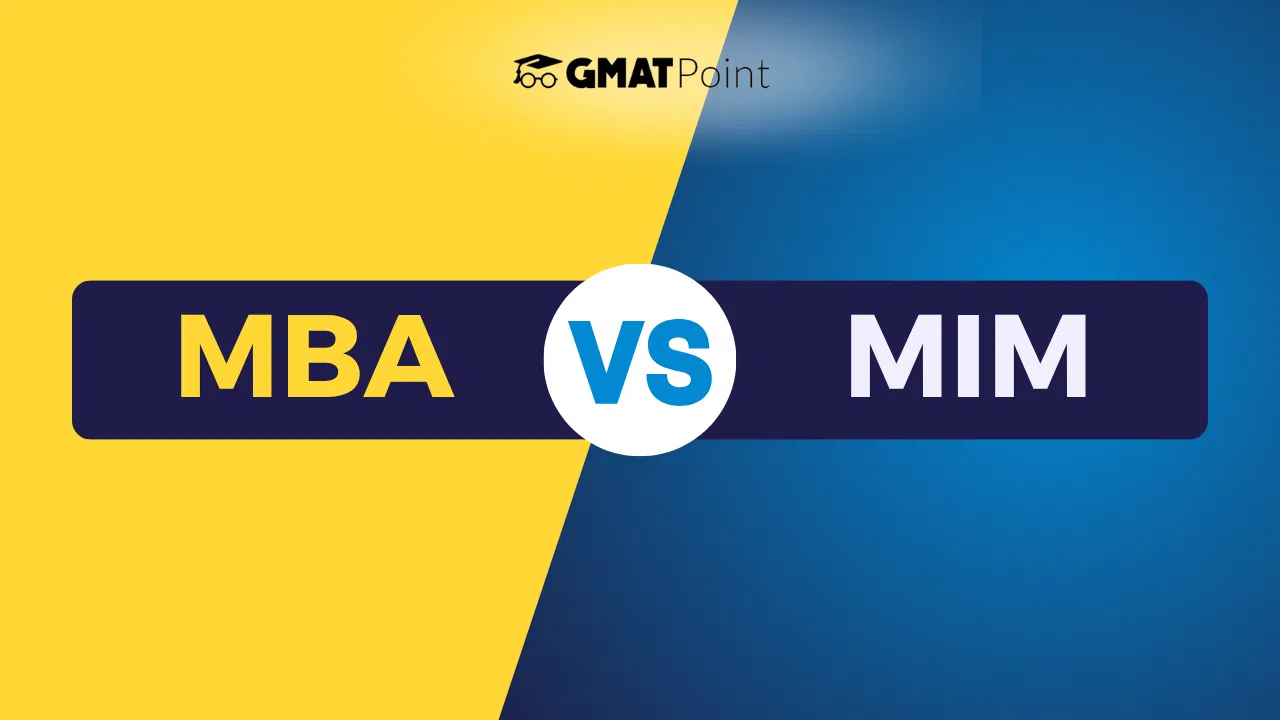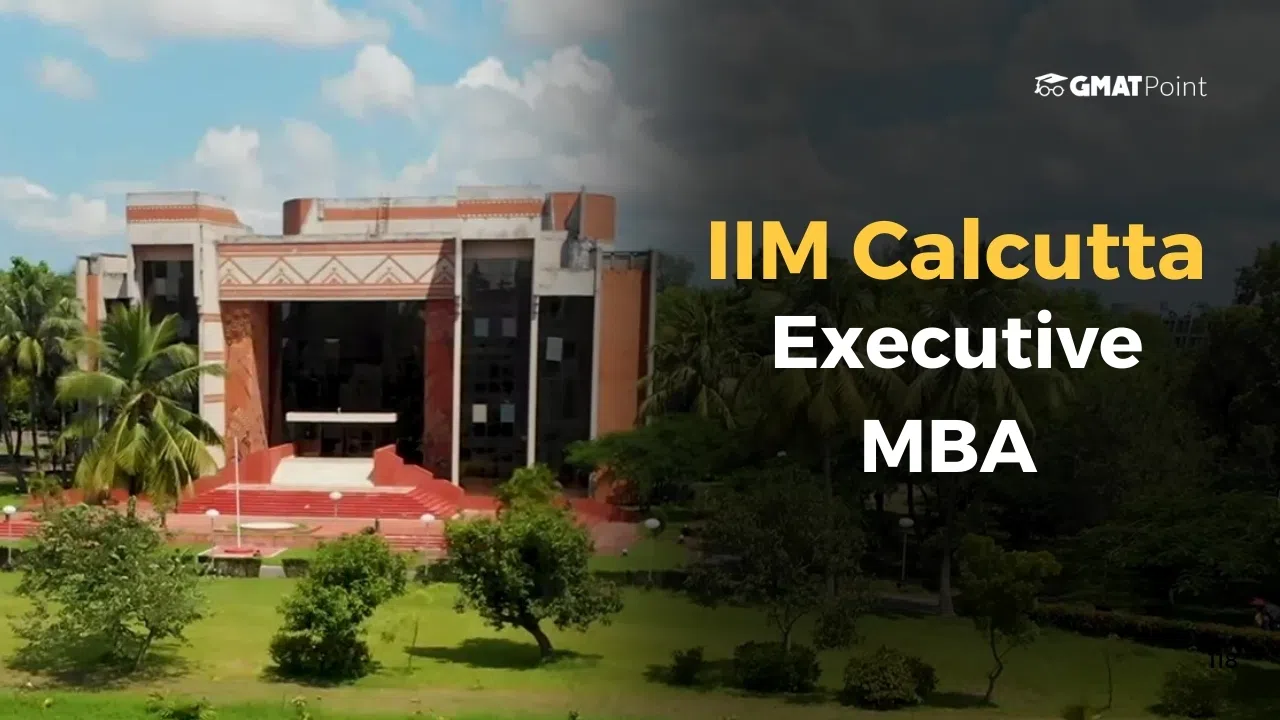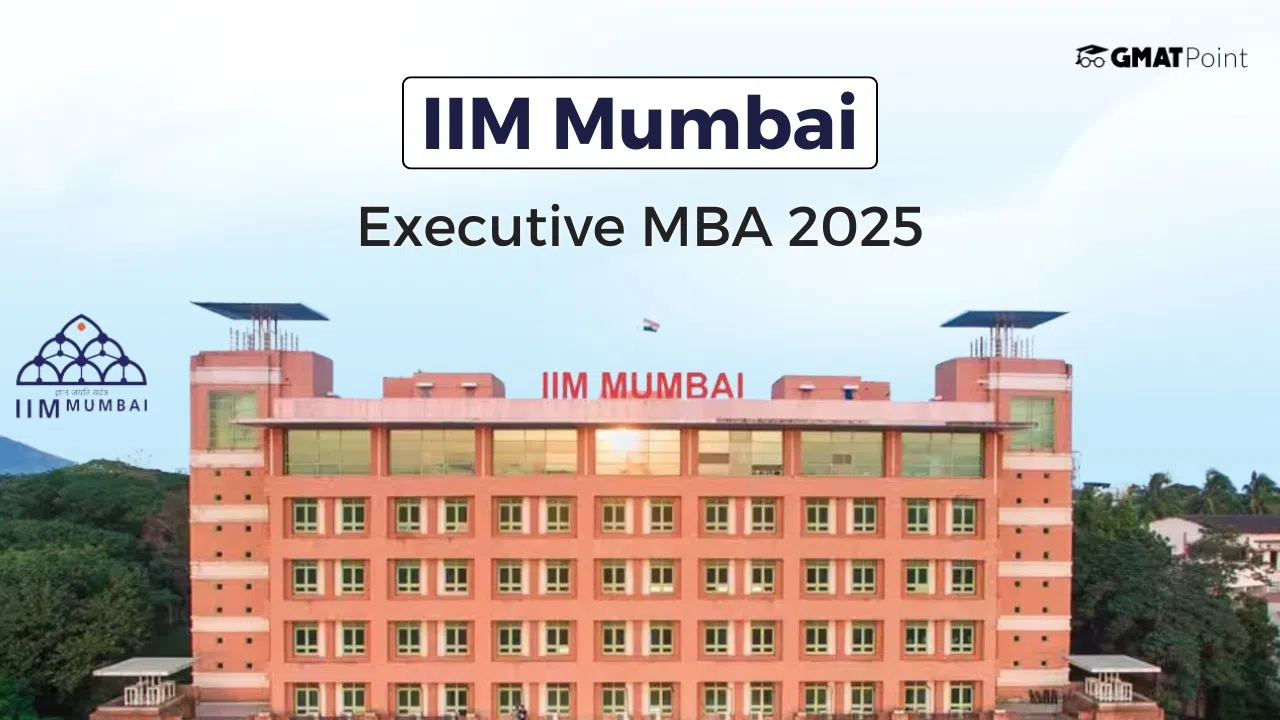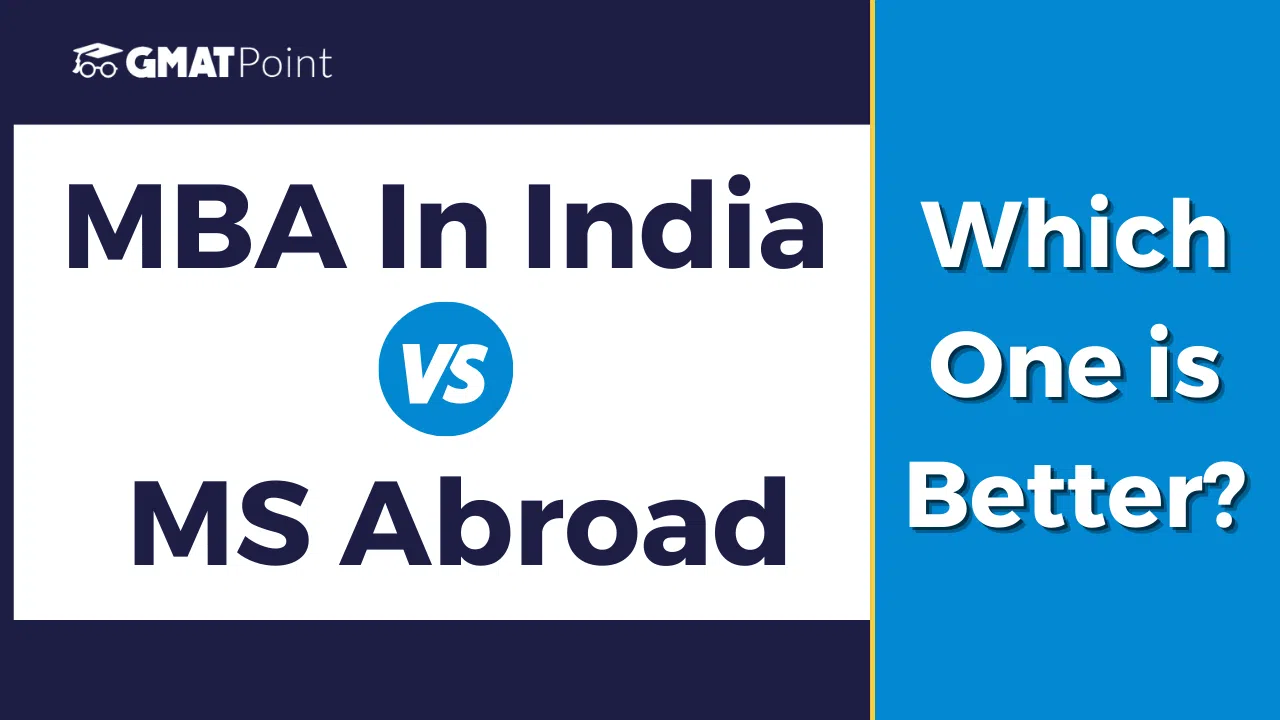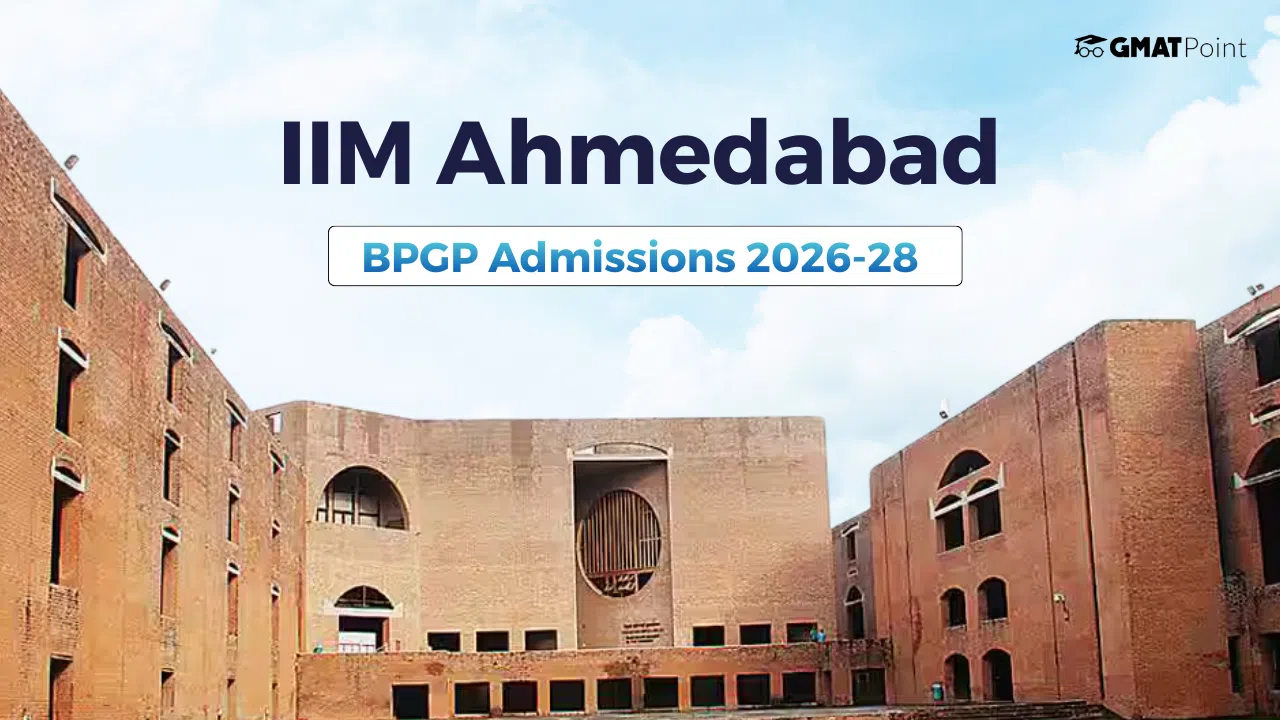Study MBA in Germany: Germany is frequently called the land of opportunities and ideas. A significant centre for innovation, research, and technology, Germany is one of the top destinations for foreign MBA students. Germany takes its educational system very seriously, making it a desirable destination for those seeking knowledge.
Germany is one of the most popular places in the world to study for an MBA because of its cutting-edge infrastructure, top-notch facilities, and free tuition. Most of Germany's publicly financed universities do not charge tuition for students wishing to study an MBA. However, students must pay an administration fee at the start of each academic year.
Study MBA in Germany for Indian Students Fees
The cost of an MBA at a German public university ranges from 300 to 400 euros, or INR 26,500 to 35,000 Indian rupees, for those wishing to study the program. The cost of an MBA at private universities in Germany is significantly greater. Candidates must spend about €43,000 for the full program, or INR 37 lakhs.
In Germany, public universities offer MBA programs to Indian students at no cost. Only the MBA semester fee, which ranges from 200 to 500 euros every semester, must be paid, though. Depending on the German university you apply to, the cost of an MBA in Germany will range from INR 25 to 35 lakhs.
MBA in Germany Eligibility Criteria for Indian Students
While the government frequently supports German universities, they are not strictly governed by it. In other words, the different German institutions separately determine the eligibility requirements and cutoff. Therefore, it is usually essential for applicants to inquire with university officials about the precise eligibility requirements of the program, as each university may have its unique requirements.
You would need to have earned the German equivalent of a bachelor's degree in the necessary fields to enrol in an MBA program in Germany. This means that to apply for an MBA program at a German university, candidates must have a four-year Bachelor's degree or a three-year degree plus a one-year Master's degree in Business Administration. Some universities may also accept a three-year degree combined with relevant job experience. To obtain the most recent pertinent information, students are always advised to contact the university's foreign admissions office immediately.
In addition to the fundamental requirements, universities may also demand that students have a basic understanding of German and have passed the GMAT, GRE, IELTS, or TOEFL exams with a specific score. Candidates can take language proficiency tests such as TestDAF/DSH to be eligible for courses taught in German, which require a high degree of understanding from the students. To be considered for admission to the institution, students may also be required to take an entrance exam. Once more, make sure to inquire about the tests needed to apply for the course of your choosing from the university.
Top MBA Colleges in Germany for Indian Students
With 75 universities offering 141 English degree programs overall, Germany has a variety of top-notch MBA programs, each with distinct strengths and areas of concentration.
In Germany, MBA programs are available at both public and private universities. Although admittance to public universities may be more challenging, tuition costs are usually lower.
| Colleges/ Universities | QS Global MBA Ranking 2025 |
| Mannheim Business School | #46 |
| ESMT Berlin | #85 |
| WHU - Otto Beisheim School of Management | #58 |
| Frankfurt School of Finance & Management | #45 |
| HHL Leipzig Graduate School of Management | #121-130 |
| TUM School of Management | Not Ranked |
| University of Cologne | Not Ranked |
| EBS University | Not Ranked |
| Berlin School of Economics and Law | Not Ranked |
| Hochschule Pforzheim | Not Ranked |
Also Check, GMAT Mock Test
Admission Requirements of Top MBA Universities in Germany
Top MBA colleges in Germany usually have a mix of professional experience, academic credentials, language skills, and other requirements for admission. The specific prerequisites for some of the top MBA schools in Germany are listed below:
| University | GMAT Score | Language Proficiency Score | Work Experience |
| Frankfurt School of Finance and Management | 640 | IELTS: 7 TOEFL: 90 | 7 years |
| ESMT Berlin | 650 | IELTS: 7 TOEFL: 95 PTE: 64 | 3 years |
| Saarland University | 400 | TOEFL: 61 PTE: 59 | 1 year |
| Reutlingen University (ESB Business School) | 550 | IELTS: 6.5 PTE: 62 | 2 years |
| Munich Business School | 600 | IELTS: 6.5 TOEFL: 85 PTE: 59 | 2 years |
| Hochschule Pforzheim | 550 | TOEFL: 87 | 2 years |
| GISMA Business School | 650 | IELTS: 6.5 PTE: 61 | 3 years |
| Technical University of Munich | 640 | IELTS: 6.5 TOEFL: 88 PTE: 65 | 3 years |
| WHU-Otto Beisheim School of Management | 600 | IELTS: 7 TOEFL: 100 | 2 years |
| RWTH Aachen University | 600 | IELTS: 5.5 TOEFL: 90 PTE: 61 | 2 years |
How to Apply for MBA in Germany from India
Here is a brief overview of the application process, now that you are aware of the prerequisites for admission to German business schools:
Step 1: Verify the prerequisites for German MBA programs at each university you want to apply to.
Step 2: Complete the necessary admission exams or aptitude tests, such as the TOEFL or IELTS, then apply online at each university's website.
Step 3: Documents submitted by foreign applicants must be examined by Uni-assist.
Step 4: Following document verification by the admission committee, the candidate will get an email with a final approval letter.
Step 5: Before the final confirmation, students could be requested to attend an interview.
Eligibility Criteria for MBA in Germany
Although they are not closely controlled, the majority of German universities receive state funding. Each university may therefore have a unique set of prerequisites for admission. Some typical prerequisites for MBA programs in Germany are listed below.
- Bachelor's Degree: Candidates must have graduated from an approved university with a recognized undergraduate degree that is comparable to a bachelor's degree.
- Work Experience: The majority of German MBA programs require candidates to have two to five years of relevant job experience.
- GMAT/GRE Results: A valid GMAT (Graduate Management Admission Test) or GRE (Graduate Record Examination) result is required for several German MBA programs. For the GMAT, a score of 600 or higher is necessary.
- English Language Proficiency: Non-native English speakers must prove their ability to communicate in English via standardized examinations like the TOEFL or IELTS to be admitted to programs taught in that language. Although minimum scores vary, generally: 80-100 on the TOEFL (iBT), 6.5-7.0 on the IELTS.
- Letters of Recommendation: Typically, applicants must provide two or three letters of recommendation from academic or professional references attesting to their credentials, work history, and likelihood of succeeding in the MBA program
- Personal Statement or Statement of Purpose (SOP): A well-written essay or personal statement outlining the applicant's reasons for wanting to pursue an MBA, their professional objectives, and how the school fits with those goals.
Resume: A current CV or resume that highlights one's training, professional background, abilities, and other pertinent pursuits.
MBA in Germany Job Opportunities for Indian Students
According to reports from German universities, graduates with an MBA degree often land a job three months after finishing their studies and earn at least 55,000 euros. Germany has already been approved by QS as one of the top 10 countries in the world for MBA wages!
Here is a brief overview of the most popular positions for recent MBA graduates, along with their typical salaries:
| College Name | First-Year Tuition Fee | Average Salaries (Source - emolument) |
| Berlin School of Economics | INR 10.3 lakhs | $74,000 |
| Frankfurt School of Finance and Management | INR 39.1 Lakhs | $240,000 |
| Hamburg University | INR 5.4 lakhs | $156,000 |
| Otto Beisheim School of Management | INR 35.1 lakhs | $91,000 |
| Technical University of Munich | INR 17.6 lakhs | $84,000 |
Also Check, GMAT Sample Paper 2025, Practice Tests With Solutions PDF
MBA in Germany vs. India comparison
There are numerous differences between the educational systems of Germany and India. There are numerous other ways that education in the two nations varies. However, a few of these distinctions are:
| Factor | India | Germany |
| Tuition fee | 20,000 to 8,50,000 INR/ year is generally charged by the universities in India there | Certain public universities don’t charge tuition fees, but others do. Private universities do charge 18,138 to 44,913 Euros/year. |
| Accommodation Fee | In India, you can easily get accommodation under 7000 INR/ month | Residence halls are around 170-200 euros/month Whereas Private may cost around 400+ Euros/month |
| Cost of Living | India generally costs around 8000 INR to 16000 INR per month | Usually cost around 800- 1000 Euros/month |
| Salary | After MBA in India, you can expect a salary of around 2.5 lakhs to 14+ lakhs per annum | After MBA from Germany, you can expect a salary of around rupees 46,800-95,000Euros/year |
Basic Comparison
| Basis of Comparison | MBA in India | MBA in Germany |
| Course Duration | 2 years | 1-2 years |
| Study Duration | Full-time | Full-time, part-time, online |
| Specializations | Finance, Marketing, HR, Entrepreneurship, International Business, Supply Chain, Healthcare, etc. | Finance, International Management, Entrepreneurship, Data Analytics, Digital Marketing, International Tourism Management, Information Systems, Global Management etc. |
| Teaching Method | Focuses on the theoretical aspect. | Focuses on the theoretical aspect along with practical training and exposure. |
MBA in Germany Without GMAT for Indian Students
In Germany, it is possible to pursue an MBA without taking the GMAT. There are numerous institutions with different standards, and you might choose one that fits your needs. Convenience isn't the only benefit; you might also save money by not having to take another test.
The following are some of the top German MBA programs for Indian candidates who do not have a GMAT:
| Institution Name | MBA Program Details | Course Duration | Average Annual Tuition Fees |
| Offenburg University of Applied Sciences | MBA International Business Consulting | 1.25 years | € 10,400 |
| Reutlingen University | MBA in International Management | 1.5 years | €9,600 |
| HHL Leipzig Graduate School Of Management, Leipzig University | Master of Science in Business Administration (MSBA) | 2 years | €33,500 |
| Technical University of Munich | Executive MBA in Innovation and Business Creation | 2 years | € 39,000 |
| University Of Stuttgart | Masters of Science in Business Administration | 1.5 years to 2 years | €6,000 |
| Ludwig Maximilian University Munich | Masters in Business Administration (MBA) Masters of Business Research (MBR) | 2 years (For Both) | €85,00 |
| Dresden International University | Master of Business Administration in Logistics Management | 1.5 years | €16,506 |
| Berlin School of Economics and Law | Full-Time MBA | 1.25 years | €19.900 |
| Accadis Hochschule Bad Homburg | Management and Leadership MBA M.A. International Management | 1 year 2 years | €16,800 |
| Cologne Business School (CBS) | MBA in International Management | 2 years | €5,550 |
| The University Of Kiel | Masters in Business Administration | 2 years | €7,680 |
| University Of Tubingen | Masters of Science in International Business (MSIB) | 2 years | €6,000 |
Also Check, GMAT Syllabus 2025, Exam Pattern, Section-Wise Syllabus PDF
Scholarship Opportunities for Studying MBA in Germany
Scholarships ease some of the financial strain associated with living expenses and tuition. The top MBA scholarships available in Germany are listed here.
| Name of the MBA Scholarship | Scholarship Details | Awarded Amount (EUR) | Awarded Amount (INR) |
| Deutschland Stipendium | This fund provides monetary and non-material provisions to deserving students from across the globe. The German government, private organizations, or public-private partnership firms offer it. Funding is generally granted for at least two semesters. Later, it can be extended until the completion of studies. | 150 | 13,420 |
| Heinrich Böll Scholarships | This scholarship validates German and international students. | 750 | 67,130 |
| Marie Skolodowska-Curie Actions | MSCA offers four types of scholarships for researchers from different academic disciplines or students from all nationalities to promote research and innovation and to advance partnerships among the leading institutions worldwide. | 3600 | 3,22,260 |
The MBA program in Germany is becoming more well-known. This is because of its rigorous curriculum, esteemed teachers, reasonably priced tuition, and more. For Indian students pursuing their MBA degrees and looking for work, Germany is a goldmine because of its stable economy and friendly atmosphere.
MBA in Germany for Indian Students 2025: Conclusion
Pursuing an MBA in Germany is a smart and strategic choice for Indian students aiming for quality education with global recognition. With minimal or no tuition fees at public universities, access to world-class faculty, and a strong emphasis on practical, industry-relevant learning, Germany stands out as a cost-effective destination. The availability of English-taught programs, flexible admission requirements, and various scholarship opportunities further enhance its appeal for international students.
Moreover, Germany’s robust economy and growing demand for skilled professionals make it an ideal place for post-MBA employment. Graduates benefit from strong placement support, high starting salaries, and opportunities to work with leading global companies. Whether you seek academic excellence, international exposure, or a rewarding career, an MBA in Germany offers the perfect blend of all three.






